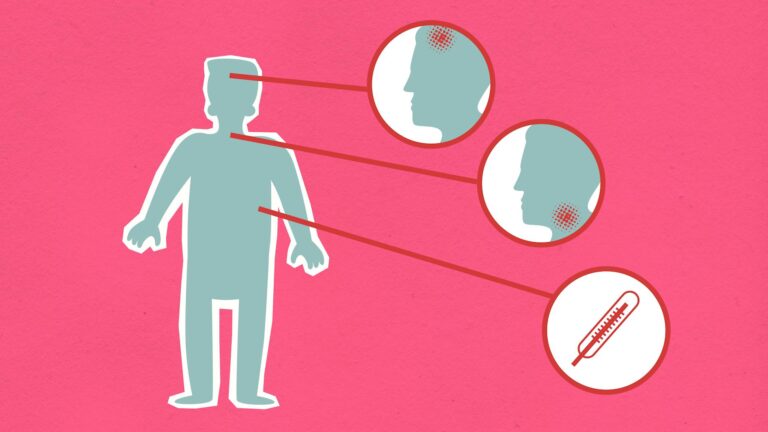Comparing Donepezil, Rivastigmine, and Galantamine for Alzheimer’s Treatment
Donepezil, rivastigmine, and galantamine are three commonly prescribed medications for treating Alzheimer’s disease. These drugs belong to a class called acetylcholinesterase inhibitors, which work by increasing levels of a brain chemical called acetylcholine that is important for memory and thinking[4]. While they have similar mechanisms of action, there are some key differences in how they are used and their effects.
Donepezil, often sold under the brand name Aricept, is approved to treat all stages of Alzheimer’s disease from mild to severe[4]. It is taken once daily as a pill and is generally well-tolerated. Common side effects may include nausea, diarrhea, and trouble sleeping[4]. Donepezil appears to provide a small benefit in mental function and ability to carry out daily activities, though it does not stop disease progression[4].
Rivastigmine, available as the brand Exelon, comes in both pill and patch form. The patch may cause fewer gastrointestinal side effects than the oral version. Rivastigmine is approved for mild to moderate Alzheimer’s disease[7]. Like donepezil, it aims to improve cognitive symptoms and functional ability.
Galantamine, sold as Razadyne, is also used for mild to moderate Alzheimer’s. It is taken twice daily as a pill or extended-release capsule. Galantamine may have a slightly different mechanism than the other two drugs, as it also modulates nicotinic receptors in the brain[7].
In terms of effectiveness, studies have not shown major differences between these three medications. A recent meta-analysis found that donepezil at a 10 mg dose significantly reduced hippocampal atrophy compared to placebo in Alzheimer’s patients, while galantamine did not show a significant effect on hippocampal volume[1]. However, galantamine was associated with reduced whole brain atrophy in patients with a certain genetic risk factor[1].
The choice between these medications often comes down to factors like dosing schedule, side effect profile, and cost. Donepezil is typically the least expensive option, with generic versions available for as low as $13 per month[9]. Rivastigmine and galantamine tend to be pricier but may be preferred in certain cases.
It’s important to note that while these drugs can help manage symptoms, they do not cure or stop the progression of Alzheimer’s disease. The benefits are generally modest and may not be noticeable to all patients. Doctors recommend periodic evaluation to determine if the medication is still providing benefit[4].
In addition to these three drugs, another medication called memantine (brand name Namenda) is sometimes used in combination, particularly for moderate to severe Alzheimer’s. However, combining memantine with acetylcholinesterase inhibitors is not universally recommended[7].
When considering treatment options, patients and caregivers should discuss the potential benefits and risks with their healthcare provider. Factors like the stage of disease, other health conditions, and personal preferences all play a role in determining the most appropriate medication regimen. Regular follow-up and adjustment of treatment as the disease progresses is crucial for optimal management of Alzheimer’s symptoms.





